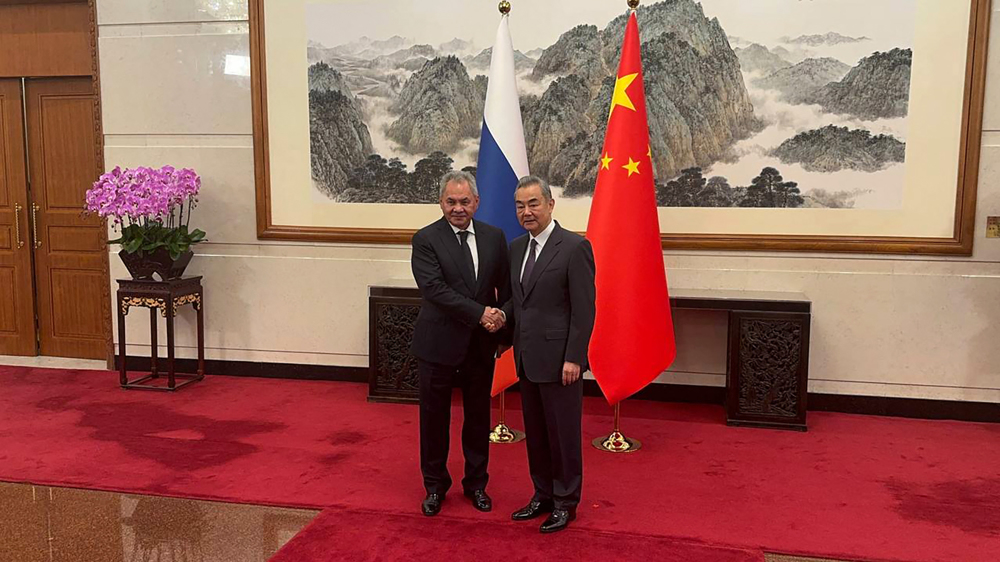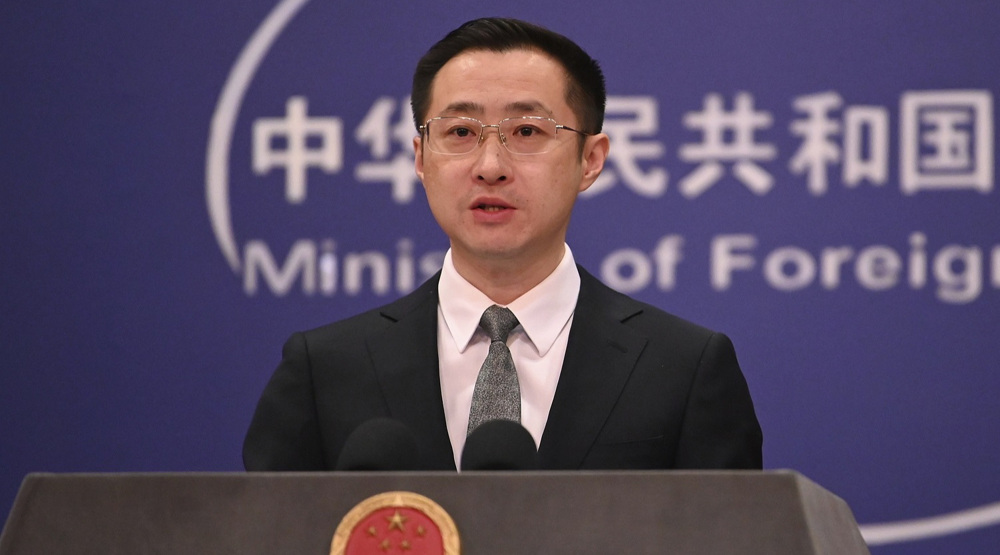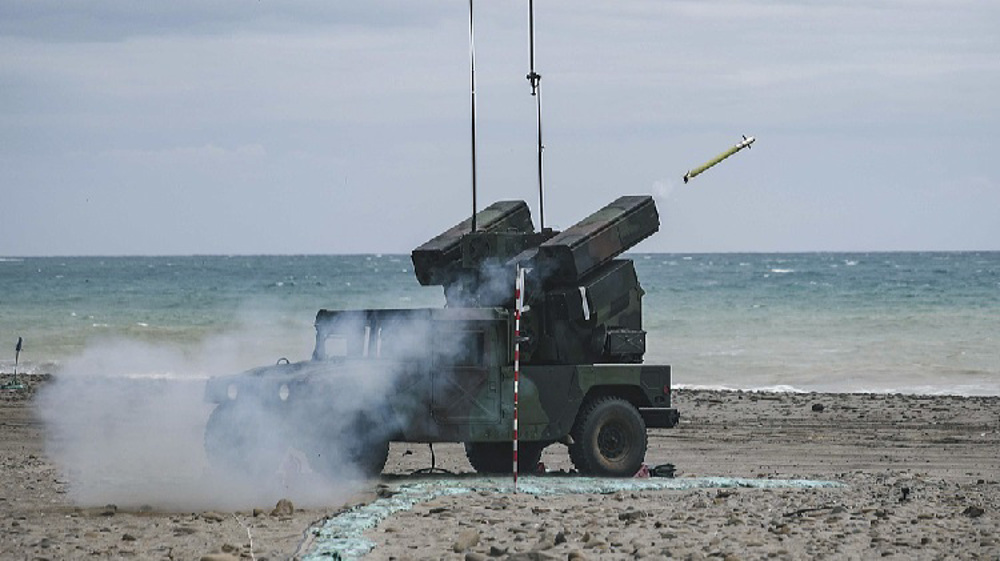ASEAN gives Beijing pass on South China Sea dispute
Southeast Asian countries took a softer stance on South China Sea disputes during a weekend summit, according to a statement issued on Sunday, which went easy on China by avoiding tacit references to its building and arming of its man-made islands.
A chairman's statement of the Association of South East Asian Nations (ASEAN) was released about 12 hours after the summit ended, and dropped references to "land reclamation and militarization" included in the text issued at last year's meeting, and in an earlier, unpublished version seen by Reuters on Saturday.
The outcome follows what two ASEAN diplomats on Saturday said were efforts by Chinese foreign ministry and embassy officials to pressure ASEAN chair the Philippines to keep Beijing's contentious activities in the strategic waterway off ASEAN's official agenda.
It also indicates four ASEAN members who the diplomats said had wanted a firmer position had agreed to the statement's more conciliatory tone.
China is not a member of the 10-member bloc and did not attend the summit but is extremely sensitive about the content of its statements. It has often been accused of trying to influence the drafts to muzzle what it sees as dissent and challenges to its sweeping sovereignty claim.
China's embassy in Manila could not be reached and its foreign ministry did not respond to request for comment on Saturday.
The statement also noted "the improving cooperation between ASEAN and China", and did not include references to "tensions" or "escalation of activities" seen in earlier drafts and in last year's text. It noted, without elaborating, some leaders' concerns about "recent developments" in the strategic, resource-rich waterway.
A Philippine diplomat said it was an open secret that China tries to lean on ASEAN members to protect its interests, but that was not the reason for the unusual delay in issuing the statement.
"There are one or two member countries which lobbied for some changes in some text in the statement, but not related to the South China Sea," the source said.
Beijing has reacted angrily to individual members expressing their concern about its rapid reclamation of reefs in the Spratlys and its installation of missile systems on them.
Another ASEAN diplomat said the statement was a genuine representation of the atmosphere of the Manila meetings.
"We respected the Philippines' views and cooperated," the diplomat said. "It clearly reflected how the issue was discussed."
Pointless to pressure
The softened statement comes as the current ASEAN chairman, Philippine President Rodrigo Duterte, seeks to bury the hatchet with China after years of wrangling over its maritime assertiveness. After lobbying from Duterte, China agreed to let Filipinos back to the rich fishing ground of the Scarborough Shoal following a four-year blockade.
The no-nonsense leader set the tone for the meeting on Thursday when he said it was pointless discussing China's maritime activities, because no one dared to pressure Beijing anyway.
As a sign of Duterte's friendship with Beijing, three Chinese navy vessels on Sunday made a rare visit to the Philippines. Duterte will inspect a guided-missile destroyer in his hometown of Davao on Monday.

Duterte's foreign policy strategy is a stunning reversal of that of the previous administration, which had close ties with the United States and was seen by China as a nuisance.
That Philippines government in 2013 challenged Beijing by lodging a case with the Permanent Court of Arbitration in 2013.
Two weeks into Duterte's presidency last year, The Hague court ruled in favor of the Philippines, angering China. But Duterte has made it clear he would not press Beijing to comply anytime soon, and is more interested in doing business than sparring.
The final chairman's statement issued made no mention to the arbitration case. However, it did include in a section separate to the South China Sea chapter the need to show "full respect for legal and diplomatic processes" in resolving disputes.
Underlining Beijing's sensitivity about the arbitration award, the two diplomatic sources on Saturday said Chinese embassy officials had lobbied behind the scenes for that sentence to be dropped, and considered it a veiled reference to the ruling.
One diplomat indicated that ongoing moves between China and ASEAN to draft a framework for negotiating a maritime code of conduct may have been a factor in agreeing the softened statement.
All sides want to complete the framework this year, although there is some skepticism that China would agree to a set of rules that could impact its geostrategic interests.
(Source: Reuters)
Iraq resistance strikes Israeli military targets deep inside occupied territories
VIDEO | Iranian craftsmanship on display at 37th National Handicrafts Expo
VIDEO | Kashmir remembers Hazrat Fatima Zahra as a symbol of resistance
VIDEO | Iran’s defense minister wraps up strategic visit to Damascus
VIDEO | Australia slightly alters arms exports to Israel amid waves of protests
Resistance movements condemn Israeli killing of Hezbollah spokesman
Biden allows Ukraine to use US missiles to strike inside Russia: Sources
OIC condemns Israel’s war crimes against Palestinians in Gaza















 This makes it easy to access the Press TV website
This makes it easy to access the Press TV website